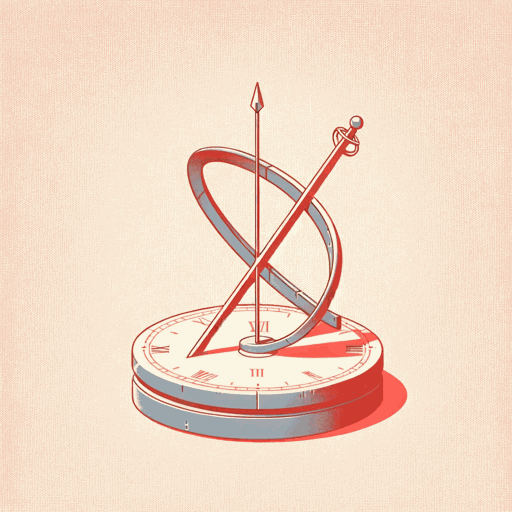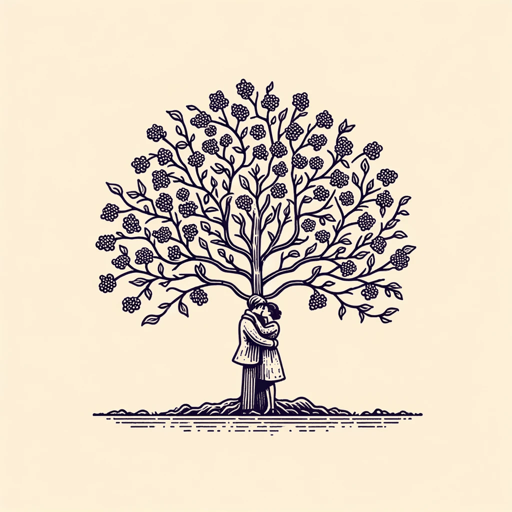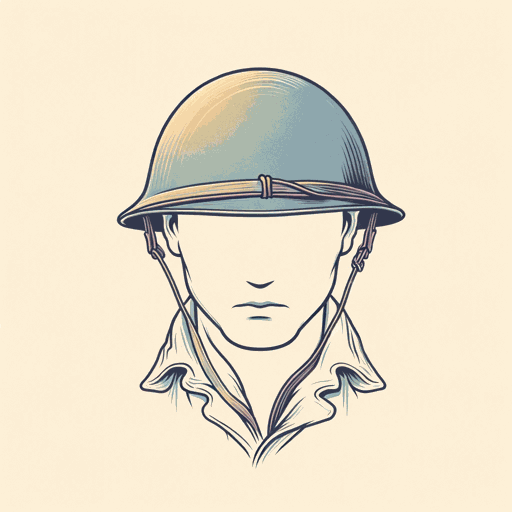50 pages • 1 hour read
Willa CatherOne Of Ours
Fiction | Novel | Adult | Published in 1922A modern alternative to SparkNotes and CliffsNotes, SuperSummary offers high-quality Study Guides with detailed chapter summaries and analysis of major themes, characters, and more.
Important Quotes
“Claude is on his way back to Lincoln, with a fairly liberal allowance which does not contribute much to his comfort or pleasure. He has no friends or instructors whom he can regard with admiration, though the need to admire is just now uppermost in his nature. He is convinced that the people who might mean something to him will always misjudge him and pass him by. He is not so much afraid of loneliness as he is of accepting cheap substitutes; of making excuses to himself for a teacher who flatters him, of waking up some morning to find himself admiring a girl merely because she is accessible. He has a dread of easy compromises, and he is terribly afraid of being fooled.”
(Book 1, Page 60)
In this moment, the protagonist of One of Ours, Claude Wheeler, rides a train from his rural Nebraska hometown to the Temple school he is attending in Lincoln. Although Claude sits on the train in passive transit, on a more figurative level, his life is “going nowhere”; he worries that he will not develop into the man he wants to become if he continues in the direction he’s currently heading. The present tense framing of this moment generates the sensation that Claude is on the verge of something. The only other instance of this past to present shift significantly occurs at the end of the book, when Claude’s fellow World War I soldiers are returning home by ship.
“Almost without realizing what he was doing, he tried to think things out and to justify his opinions to himself, so that he would have something to say when the Erlich boys questioned him. He had grown up with the conviction that it was beneath his dignity to explain himself, just as it was to dress carefully, or to be caught taking pains about anything. Ernest was the only person he knew who tried to state clearly just why he believed this or that; and people at home thought him very conceited and foreign. It wasn’t American to explain yourself; you didn’t have to! On the farm you said you would or you wouldn’t; that Roosevelt was all right, or that he was crazy. You weren’t supposed to say more unless you were a stump speaker—if you tried to say more, it was because you liked to hear yourself talk. Since you never said anything, you didn’t form the habit of thinking. If you got too much bored, you went to town and bought something new.”
(Book 1, Page 78)
When Claude begins attending courses at the State University, his friend Julius Erlich invites him to intellectual discussions and creative gatherings at his family’s home. Because the Erlich family is German and embodies distinctly European values, Claude begins to contrast their ways of thinking with his own family’s American modes of living. Admiring the eloquence of his German friends, Claude interrogates certain assumptions about American communication and masculinity (that real American men don’t need to explain themselves, that articulate, well-developed explanations are not just unnecessary, but unmanly).
Related Titles
By Willa Cather

A Lost Lady
Willa Cather

A Wagner Matinee
Willa Cather

Coming, Aphrodite!
Willa Cather

Death Comes for the Archbishop
Willa Cather

Lucy Gayheart
Willa Cather

My Antonia
Willa Cather

Neighbour Rosicky
Willa Cather

O Pioneers!
Willa Cather

Paul's Case
Willa Cather

Shadows on the Rock
Willa Cather

The Professor's House
Willa Cather

The Sculptor's Funeral
Willa Cather

The Song of the Lark
Willa Cather

